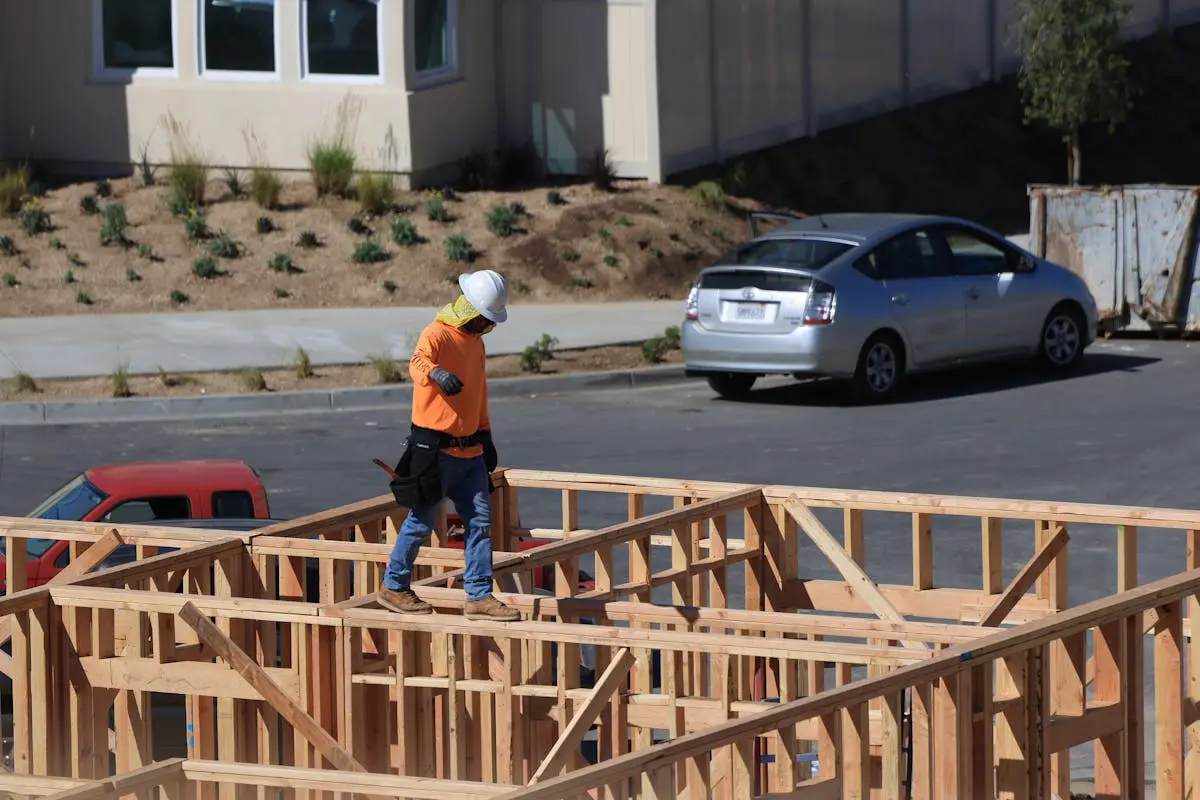In the ever-evolving construction industry, the significance of effective construction management cannot be overstated. It serves as the backbone of successful projects, ensuring that quality standards are met while optimizing efficiency. This blog delves into the pivotal role that construction management plays in enhancing both quality and efficiency within construction projects.
Understanding the Basics of Construction Management
Construction management involves the planning, coordination, and control of a project from inception to completion. It encompasses various aspects, including cost management, time management, quality management, and safety management.
At its core, construction management seeks to optimize the building process, ensuring that projects are delivered on time and within budget. This often means navigating a complex web of contractors, vendors, and regulatory requirements. The role of a construction manager is akin to that of a maestro, orchestrating a multitude of moving parts towards a singular symphonic goal: a successful project completion.
Moreover, understanding the fundamentals also involves recognizing the various delivery methods used in construction, such as design-bid-build and design-build. Each method presents its own set of challenges and advantages, compelling construction managers to apply their expertise contextually.
Quality Assurance Through Construction Management Practices
Implementing rigorous quality control procedures is vital for ensuring that every phase of construction meets the established standards. Construction management facilitates the integration of quality assurance processes right from the planning phase.
Quality assurance in construction not only minimizes the risks of defects but also enhances client satisfaction. By strictly adhering to quality management protocols, construction managers can ensure that materials and workmanship meet or exceed specifications, thereby reducing rework and associated costs.
In addition, regular inspections and audits throughout the construction process help verify compliance with regulations and standards. These checks, prompted by effective construction management, serve to catch potential issues early, preventing small problems from escalating into significant setbacks.
Enhancing Efficiency with Effective Communication
Clear communication among all stakeholders is essential for the success of any construction project. Construction management promotes transparency and fosters a collaborative environment, reducing the likelihood of misunderstandings and delays.
Effective communication strategies may involve regular meetings, updated project dashboards, and communication tools tailored to the specific needs of the project team. By keeping everyone informed, construction managers can facilitate timely decision-making, which is crucial for maintaining project momentum.
It’s important to note that simply disseminating information is not enough; engagement is key. Encouraging feedback from team members can unveil insights that improve processes and reduce inefficiencies. This bidirectional communication strengthens relationships and builds a sense of shared responsibility.
Leveraging Technology for Improved Efficiency
Adopting modern technology solutions, such as project management software and Building Information Modeling (BIM), empowers construction managers to streamline processes, enhance decision-making, and improve overall project efficiency.
BIM, in particular, allows teams to visualize the entire construction lifecycle, providing a comprehensive view that aids in identifying potential conflicts before they arise. This predictive capability saves time and resources by minimizing rework and ensuring a smoother workflow.
Moreover, mobile technology has transformed how teams communicate on-site, enabling real-time updates and access to information from anywhere. This flexibility helps in promptly addressing issues, thus maintaining project timelines effectively.
Risk Management and Its Role in Quality Control
Identifying and mitigating risks is a crucial responsibility of construction management. By proactively addressing potential issues, serious quality-related problems can be avoided, ensuring a smoother construction process.
In addition, effective risk management involves establishing contingency plans that can be activated swiftly if unexpected circumstances arise. This preparedness not only protects the project’s integrity but also serves to uphold quality standards should complications occur.
Risk assessments should be an ongoing process; as new risks emerge, construction managers must adapt strategies to counteract them. This constant vigilance is an essential aspect of maintaining quality control throughout the project lifecycle.
The Importance of Construction Management in Today’s Projects
In conclusion, effective construction management is integral to achieving high-quality results while maintaining efficiency. By adopting structured management practices, leveraging technology, and fostering collaboration among stakeholders, construction managers can navigate the complexities of projects, ultimately delivering successful outcomes.


